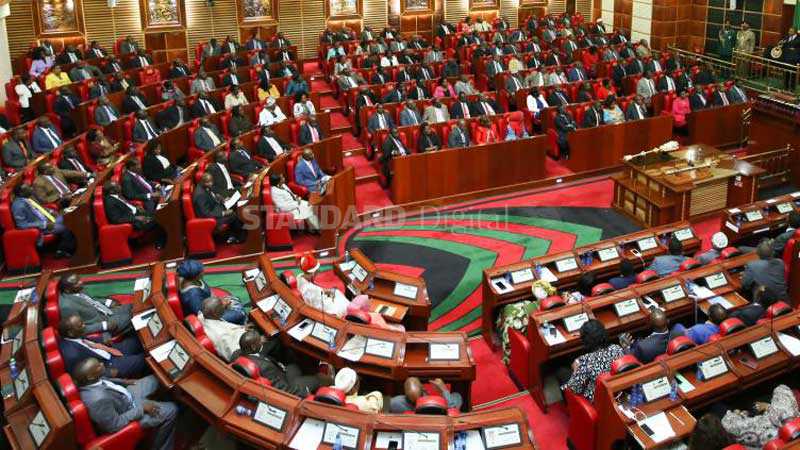×
The Standard e-Paper
Stay Informed, Even Offline

In the past few years, the ballooning national debt has taken many Kenyans aback. As a result, they have been throwing salvos at the National Treasury and the Jubilee administration over the ever-increasing debt.